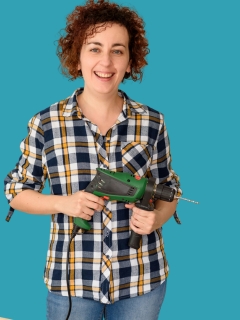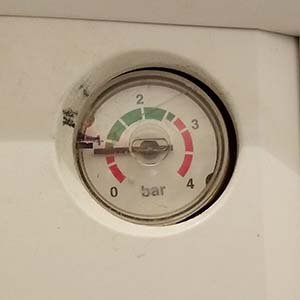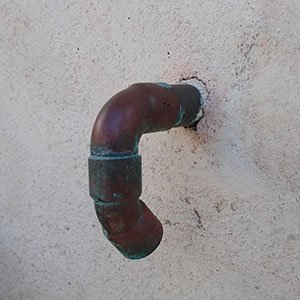×

×
COURSE DISCOUNT
Get £20 Off when you book TWO Courses
Book TWO Half-day courses at the same time, and get £20 off the Full Price
Learning to re-pressurise your boiler is a straighforward task. In most cases, you will suddenly discover that you have no hot water or heating, and your boiler is not working.
There are many things that cause a Boiler to stop working. Many of them will require an engineer to come out and repair the fault. However, by far the most common issue to stop a boiler working is a drop in boiler pressure. This is something that you can rectify yourself. (If there has been a suddent drop in temperature outside and the weather is freezing, check out our advice on Freezing Condensate Pipes as well)
In fact the pressure on your boiler is something that you really should be aware of and check on a regular basis. If the pressure is constantly dropping and you are regularly having to re-pressurise your boiler, that indicates that there is an underlying problem, possibly a leak somewhere in the system, and you should call in a Gas-Safe Engineer to investigate and rectify the problem.

Most Boilers have some kind of pressure gauge on them, which gives you an indication of the boiler pressure.
If the Pressure Gauge is a dial, there is usually a helpful Green section which indicates a safe operating pressure, and a Red section, which indicates that the pressure is too high or too low.
They also often have some lines, to indicate a normal pressure. The needle should be slightly above this normal level, or, on some dials, between 1 & 2.
If the needle has fallen below 1, (or the line), then the boiler pressure is too low and needs to be increased.

If the needle is in the high Red section, your pressure is too high. The boiler should rectify this problem itself by dumping (usually very hot) water out of the system through a Pressure Relief Valve. You may see this happening on an outside wall of your house. If this does happen, turn the boiler off and call an engineer.
To relieve the pressure, try bleeding your radiators to release some air. The system may just have trapped air in it, which needs to be removed from the system. The air is most likely to be in the highest radiator, so start there.
If you’re lucky (organised) enough to still have the manual that came with your boiler, the instructions will be found there.
Failing that, there is a lot of information on the web to help with re-pressurising your boiler. Each make (and sometimes model) of boiler is different, so it is not possible to give a one-size-fits-all explanation.